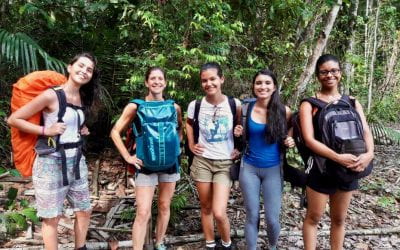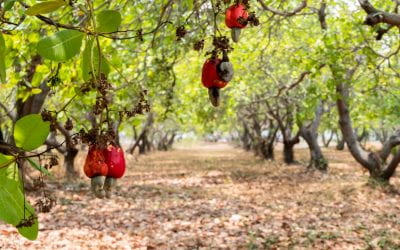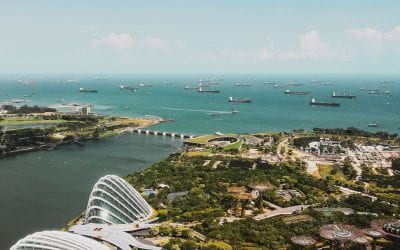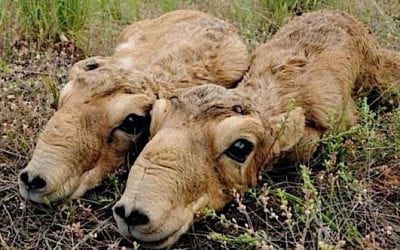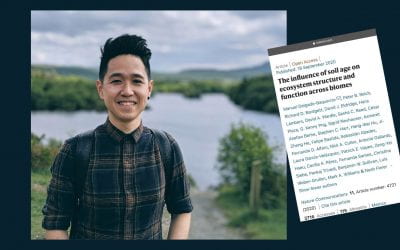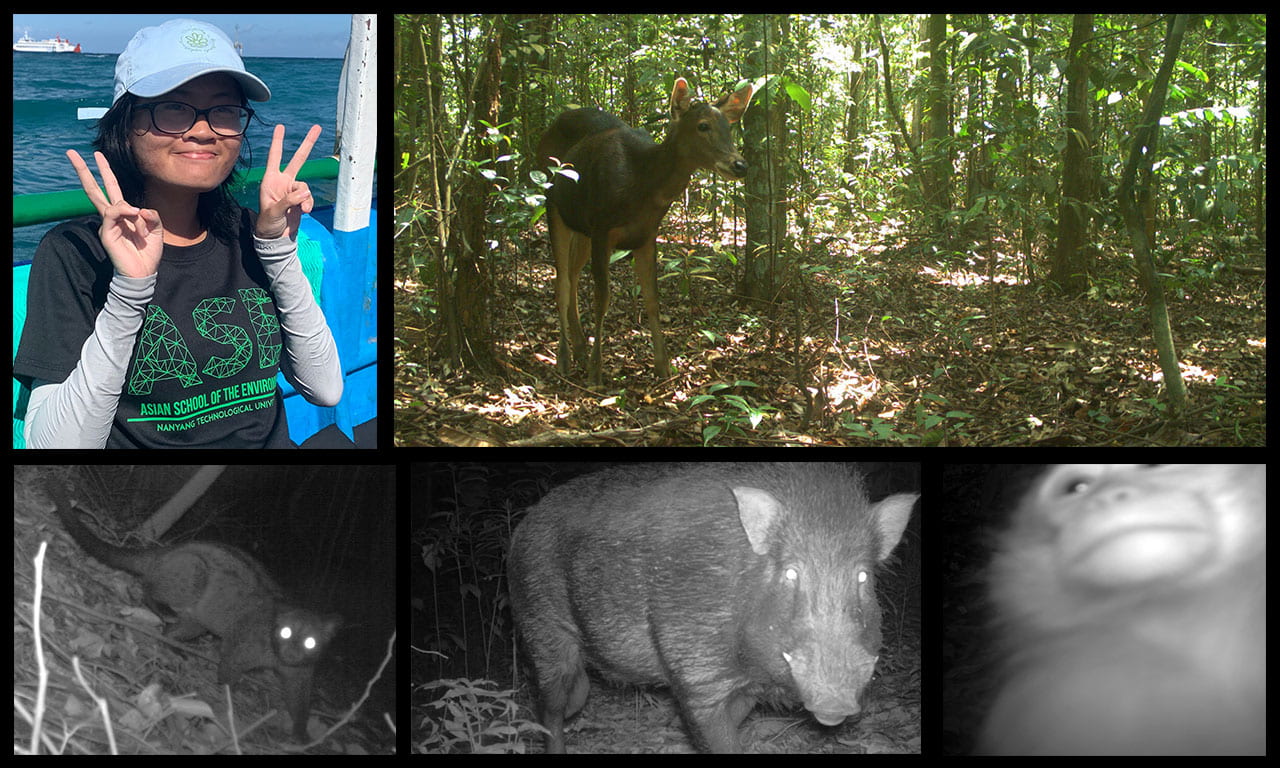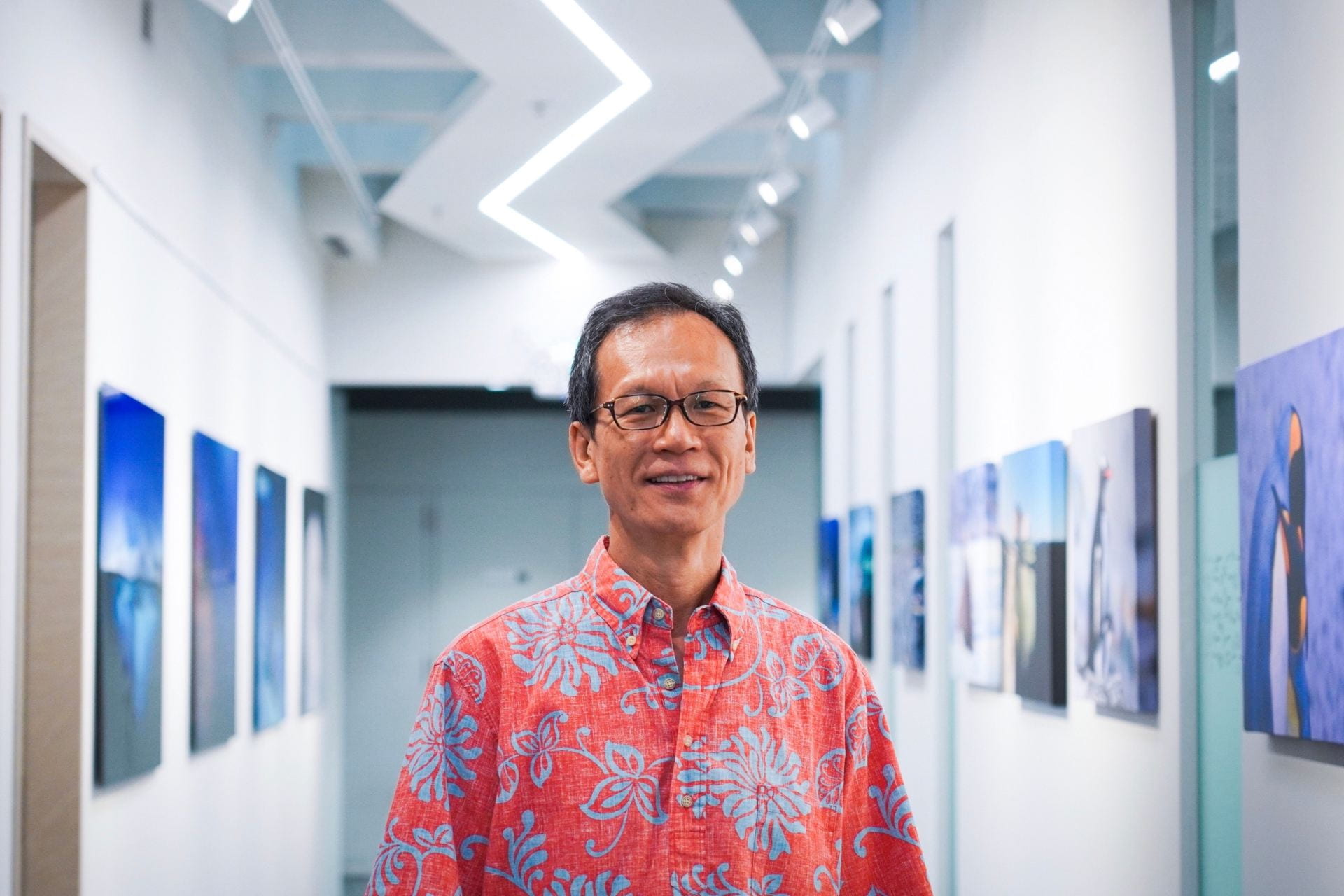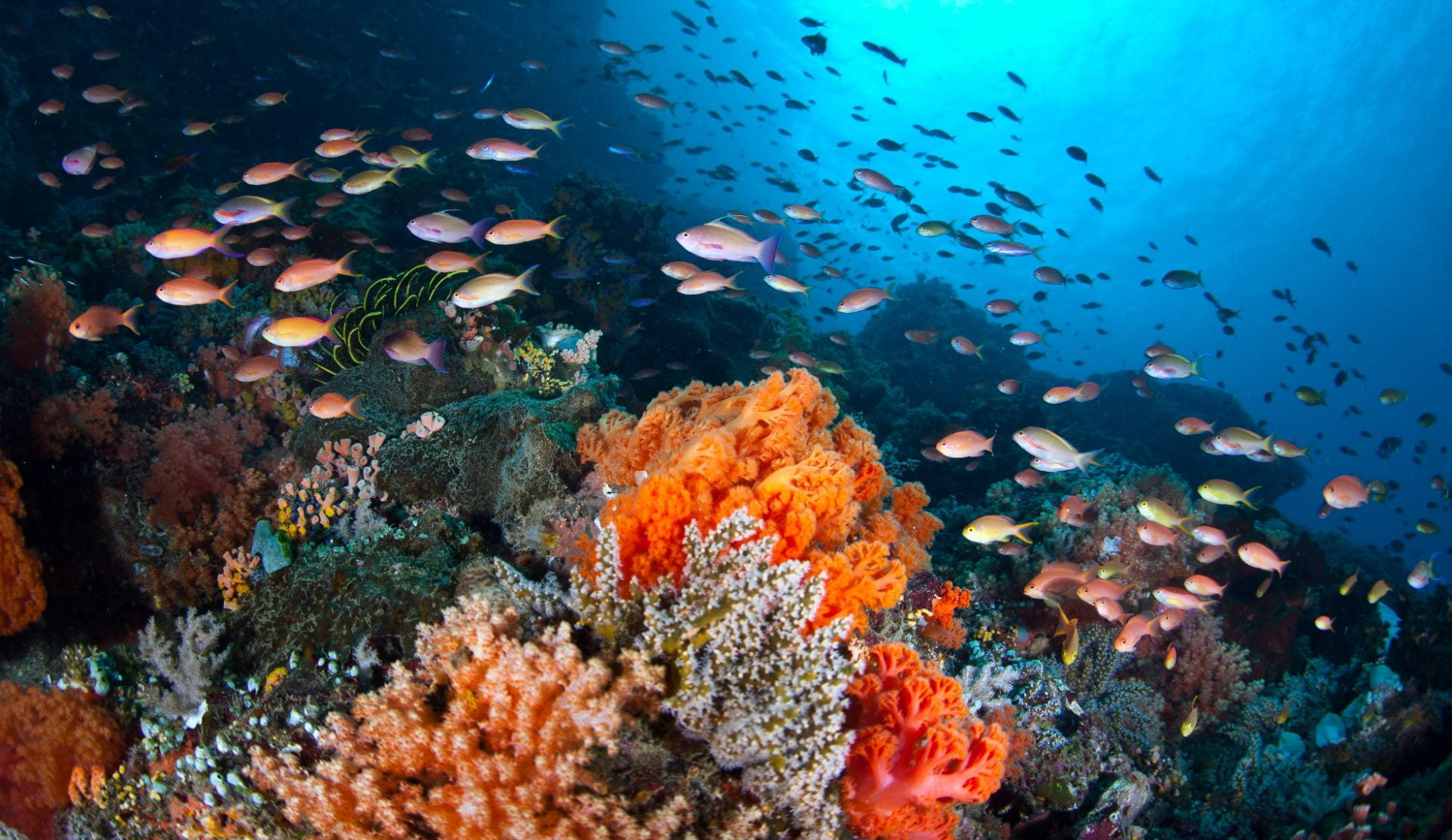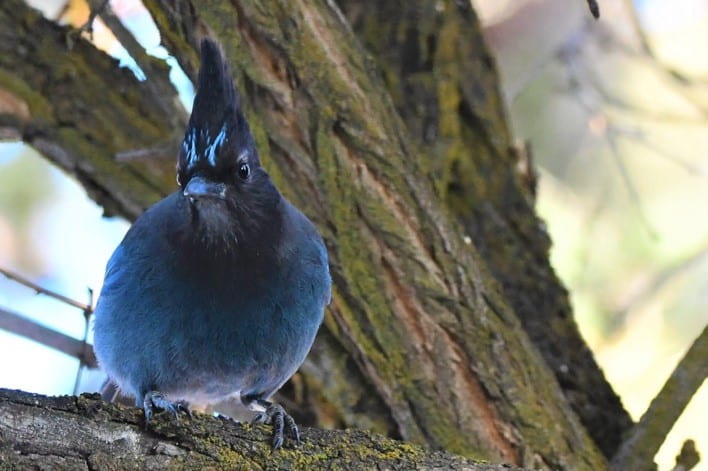Growth of the Amazon rainforest in our increasingly carbon-rich atmosphere could be limited by a lack of phosphorus in the soil, new research shows. The study, published in the journal Nature, was carried out by an international team led by Brazil’s National Institute of Amazonian Research (INPA), the University of Exeter, and Nanyang Technological University.
Can Plantations Provide Supplementary Habitat for Wildlife in the Face of Deforestation? – A Case Study from India
Conversion of forest to agricultural land is one of the biggest threats to wildlife in Asia. ASE PhD student Anushka Rege has investigated the potential of cashew plantations in India as habitat for wild animals, showing that though forests remain irreplaceable, cashew plantations could serve as a supplementary habitat for local animals, if well-managed.
Sea Level Change – a Growing Threat to Coastal Cities
Coastal cities like Singapore are heavily affected by changing sea levels. Two scientists from ASE, Associate Professor Adam Switzer and Professor Benjamin Horton are leading teams to look for solutions to help mitigate the effects.
Conservation Work Through Targeted Online Advertising – The Case of the Saiga Antelope
With the use of online advertising and news coverage, Assistant Professor Janice Lee, Dr. Hunter Doughty and co-authors bring to light the potential of strategic online advertising as a tool for promoting more sustainable consumer choices.
Impact of Climate & Land Use Change Override Natural History in Influence on Forest Ecosystems, Global Study Shows
Global climatic and land-use changes are the factors that most strongly influence change in terrestrial ecosystems today, shows a recent global study published in Nature Communications co-authored by ASE researchers Dr Kenny Png and Professor David Wardle.
ASE undergrad Alexis Goh Regional Winner in The Global Undergraduate Awards 2020 with CN Yang wildlife camera trap study
Congratulations to ASE undergraduate Ms. Alexis Goh, who has been recognized by the Global Undergraduate Awards 2020 as a Highly Commended entrant and Regional winner for Asia in the Earth & Environmental Sciences category!
Public Service Medal winner Dr Shawn Lum’s views on water & nature issues
Dr Shawn Lum, a senior lecturer at the Asian School of the Environment and President of the Nature Society Singapore, has recently been awarded the Public Service and Long Service Medals. Previously a member of the Public Utilities Board (PUB)’s Water Network Panel for over ten years, his expertise has helped shape the various programs and initiatives spearheaded by the PUB. Science@NTU caught up with Dr Lum to find out more about his time on the panel, and also his views on water and nature issues.
Key to Corals’ Bleaching Susceptibility Lies in their Diet
Climate change and warming oceans are major threats to coral reefs and can cause widespread coral bleaching. As coral scientists and conservationists work against the clock to restore and preserve coral reefs, new research has revealed some corals have a secret to help them tolerate climate change.
ASE visit by IPBES co-chair Professor Sandra Diaz – one of 10 scientists that mattered most in 2019
Last month, the ASE had the pleasure of hosting Professor Sandra Diaz from the University of Cordoba, Argentina, for a week. Prof Diaz is Co-chair of the IBPES (Intergovernmental Science-Policy Platform on Biodiversity and Ecosystem Services), which stood behind the Global Assessment Report on Biodiversity and Ecosystem Services last year.
Forest fragmentation hits wildlife hardest in the tropics
Human development, land conversion, fire and storms are causing the forests worldwide to become increasingly fragmented, to the degree that 70% of the Earth’s remaining forest is within 1 kilometre of a forest edge today. The world’s most intact forest landscapes are found in the tropics, but fragmentation of tropical forests is predicted to accelerate over the next decades.

